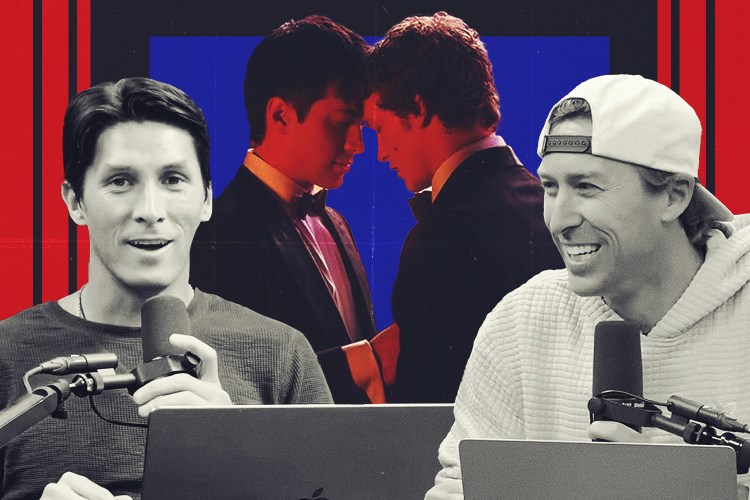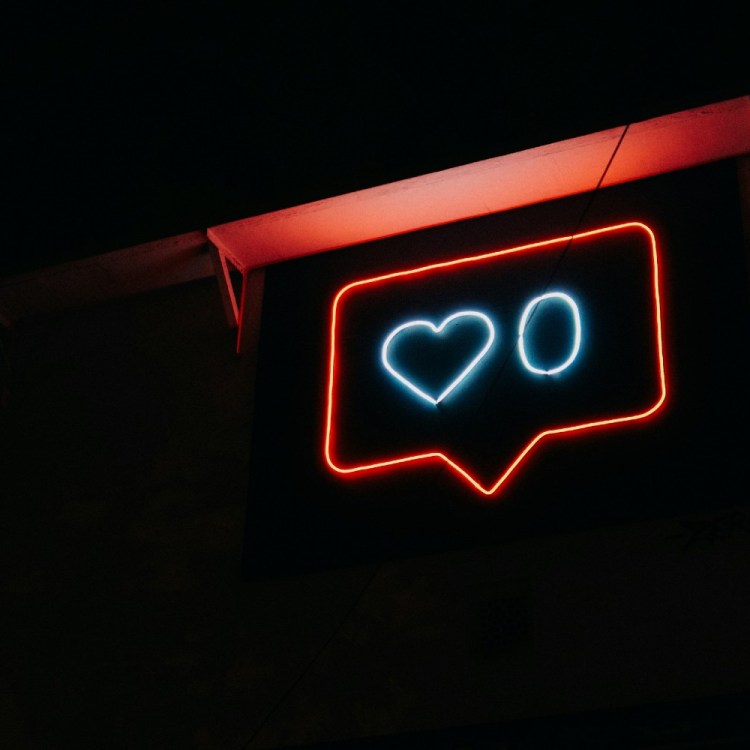Since 2014, Jake Beckman has had a singular goal: to rid the internet of clickbait.
Social media strategist for NBC by day, internet vigilante by, well — when he’s in the bathroom, presumably — Beckman is the voice of @SavedYouaClick, which since 2014 has amassed more than 230k followers, its own Subreddit and the ire of plenty of the mainstream media outlets whose misleading headlines the account so detests.
This week, Beckman launched a new handle (@SavedYouaTrick) which levels its sights at a new target: fake news stories.
The proliferation of less-than-reputable news media outlets has been the source of much finger pointing since Election Day, and for good reason. A recent Niemen Lab study suggested that as many as 44% of American adults rely on Facebook as their primary news source — an alarming statistic when you consider that the social media empire has essentially no recourse for policing the veracity of the articles that populate its site, and in turn, inform the American voting public (or non-voting, as it were).
So how does @SavedYouaTrick (motto: “let’s fight misinformation, together”) plan to combat a really dangerous and despicable internet trend that may or may not be the reason you get kicked out of your uncle’s house over the holidays?
We chatted with Beckman to get the details.
InsideHook: Why was it important to you to brand this separately from Saved You a Click? Wouldn’t a lot of fake news hypothetically be covered by the mission of that project?
Jake Beckman: Well you’re right in that fake news is very similar to clickbait. Fake news is the logical next step in the clickbait phenomenon. What I wanted to do here was more have a dedicated account that people could reach out to for help verifying if something is real or not. I also think the fake news phenomenon is different from clickbait and dangerous in its own unique way, so I thought it was important to separate “legitimate publishers withholding information from headlines” from “less than reputable publishers making stuff up entirely.”
fake news is the next evolved form of clickbait
— Saved You A Click (@SavedYouAClick) November 28, 2016
IH: Right. For that reason, Saved You a Trick seems more consequential to me. You’re not just saving people clicks, you’re trying to rid the internet of something that obviously has real and dangerous effects. Do you plan on dedicating more time to this? What will happen to Saved You a Click?
JB: For now this is a side project that I’m working on because I think there’s a real need for it. People can help make the process less taxing on my time by sending anything questionable they might see my way. The hardest part is finding the stuff, because we all live in our own social media filter bubbles — fake news doesn’t always pierce mine, so I have to go out and find it.
IH: Fake news is obviously a both-sides-of-the-aisle issue. I watched a highly entertaining Twitter spat yesterday in which both the conservative and liberal parties were citing less-than-reliable sources. Do you intend or expect Saved You a Trick to be an “equal-opportunity” caller of BS?
JB: Yes absolutely! I think it’s important to recognize that fake news exists for both conservatives and liberals. One of my first and most successful efforts yesterday was calling out a fake tweet that made Donald Trump look like he contradicted himself years ago in a tweet.
Fake. pic.twitter.com/rPiv3XvOAR
— Saved You A Trick (@SavedYouATrick) November 29, 2016
IH: What’s your process for debunking news sources? Is it a secret? Couldn’t I just as easily figure this out myself?
JB: It’s no secret at all! First, I read the article. Next, I look for any details, like names or locations, that I could cross-reference in a search. If the article is based on a kernel of truth, it’s true enough to not be deemed “fake.” If it’s entirely made up, it’s fake. Anyone can do this themselves, but I think a lot of people don’t before sharing stuff like this — so I figured I’d try to help.
IH: Is your “fake-dar” binary, then? How do you designate those “articles based on a kernel of truth” that exist in more of a grey area?
JB: I’m not trying to be an arbiter of whether or not someone’s bias is present in their spin on any particular story. I’m more concerned with whether or not the thing being described actually happened.
IH: Last question: What’s the best and/or quickest way to reach you if I need you to weigh in?
JB: Just mention @SavedYouATrick on Twitter or Facebook!
This article appeared in an InsideHook newsletter. Sign up for free to get more on travel, wellness, style, drinking, and culture.



















